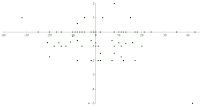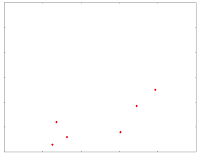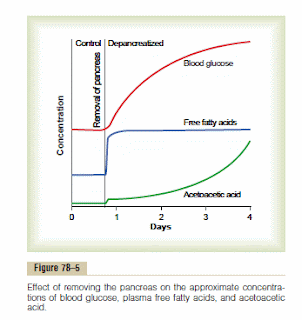Why Insulin Levels & Lipolysis Do NOT Dictate Weight Loss ~ Part I

I'm really rather amazed that at this point we're still having to discuss this topic. As a good friend of mine once said to me in an email (paraphrasing): One would expect these sorts of myths to persist back in the 80's and 90's. But in this day and age of information availability on the internet, it seems impossible that enough people continue to be influenced by such easily debunked notions. Low carb Wiener anyone? {grin} In any case, it seems that no amount of demonstrating the lack of any correlation between fasting insulin levels and weight loss will convince some people. I really would think that the scatterplot (weight loss v. fasting insulin), discussed in this post , would be impossible to explain away, and yet many just dismissed it from their minds. It's that proverbial black swan all the Eades Popperites (or is that all you can eat (Eade) sous vide popper-bites?) constantly seek.






